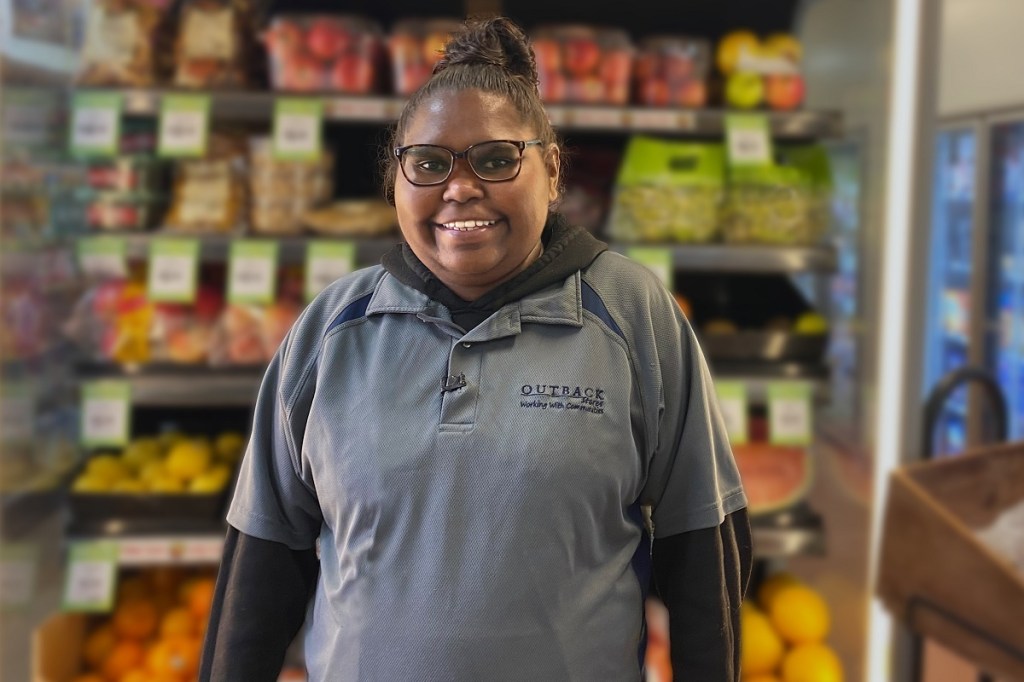Forty-one remote indigenous communities have consumed eight tonnes less sugar and bought 508 tonnes of fresh fruit and vegetables in the first half of 2021.
The outcome is a joint result of community-led decision making from local store directors and the Outback Stores Healthy Food Policy to tackle diet-related health issues.
Restrictions on the size of soft drink bottles sold and sugar-free days have also been introduced in communities such as Engawala, Santa Teresa and Ali Curong.
Store director Audrey Inkamala said the introduction of ‘Sugar-Free Wednesday’ saw some initial hesitation from customers.
“At first people didn’t like it, but as store workers we told them it was better for our health and they understood.”
The proportion of full-sugar drinks sold at stores serviced by Outback Stores has dropped 23.24 per cent since 2012, while the sale of water increased 2.46 per cent.
Anna Murison, Health and Nutrition Manager for Outback Stores said: “It’s great to see Outback Stores and local store directors working together to promote a healthier retail environment for stores and communities.”
The 508 tonnes of fruit and vegetable sold is a testament to Outback Stores efforts to maintain value pricing on all fruit and vegetables, with the cost of fresh staples such as carrots, onions, broccoli, apples and bananas dropping an average of 40 per cent.
Outback Stores are also currently promoting fruit and vegetables through a customer promotion in which those who spend $5 or more on fresh produce go into the draw to win a $100 voucher. There is also a colouring competition for kids, with the best entry winning a $100 voucher.


Remote indigenous communities see drop in sugar consumption
you really should look at CEQ
Community Enterprise Queensland